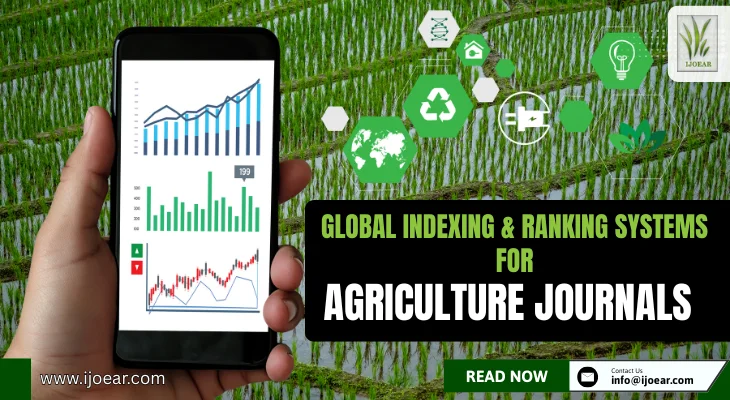
Understanding how global indexing and ranking systems work is crucial for researchers and journal authors. This blog explains how metrics like Impact Factor, CiteScore, SJR, SNIP, and India’s NAAS Rating shape journal credibility and visibility, helping agricultural scientists choose trusted platforms for publishing their research.
Read More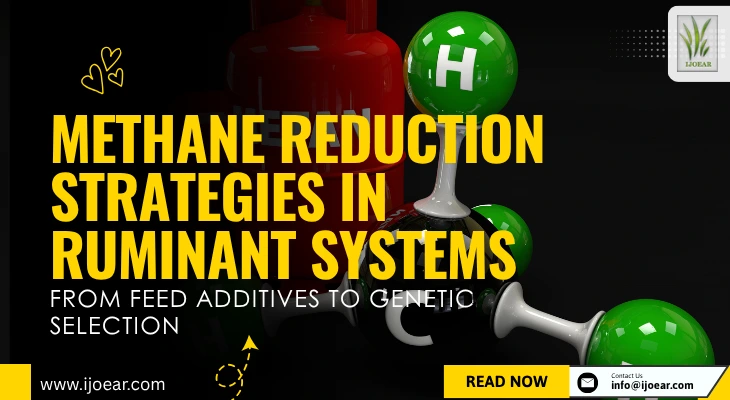
Methane reduction in livestock systems is key to tackling climate change. From feed additives like 3-NOP and seaweed to genetic selection, microbiome research, and precision monitoring tools such as SCOUT, new innovations are helping farmers cut emissions while boosting productivity, efficiency, and sustainability in global livestock production.
Read More
Looking to publish your research in English Literature? Discover the best journals that accept high-quality papers in literature, linguistics, and culture. Featuring JCRELC — a leading open-access journal for innovative literary research and global visibility. Learn how to select the right journal and submit your article successfully.
Read More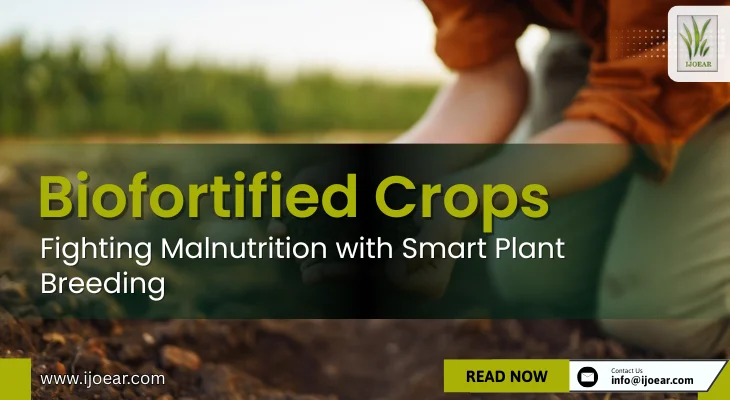
Biofortified crops are revolutionizing the fight against malnutrition by enhancing essential nutrients like iron, zinc, and Vitamin A through smart plant breeding. From iron-rich beans to Vitamin A maize, these crops offer a sustainable, cost-effective solution for improving global nutrition. Learn about their benefits, challenges, and role in food security.
Read More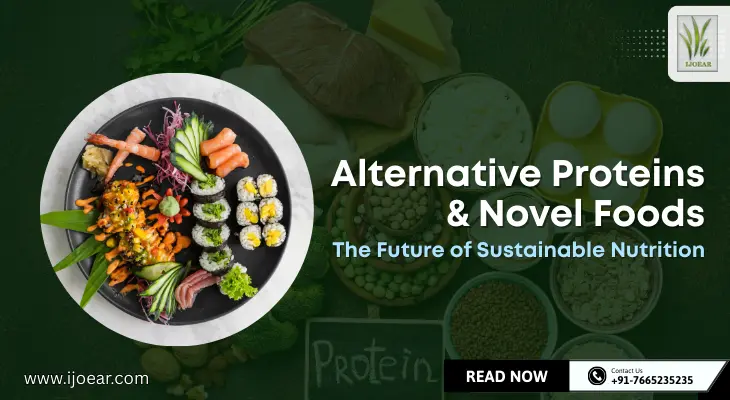
Alternative proteins and novel foods are transforming the global food industry. From plant-based proteins and lab-grown meat to algae-based supplements and functional foods, these innovations aim to provide sustainable, nutrient-rich, and eco-friendly solutions. With rising demand for healthy diets and reduced environmental impact, they represent the future of what we eat.
Read More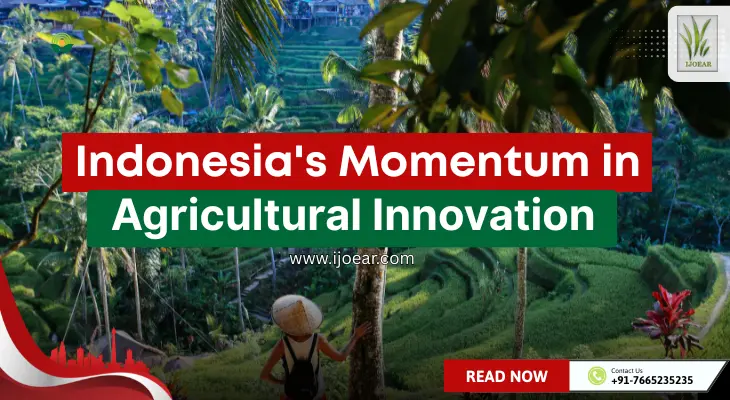
Indonesia is rapidly modernizing agriculture through nutrition-focused biofortified rice, AI-powered precision farming, smart greenhouses, agroforestry, and mechanization. Supported by top universities, research centers, and international collaborations, the country is fostering sustainable, high-tech farming. Opportunities for researchers, startups, and students make Indonesia a global hub for agricultural innovation and climate-smart solutions.
Read More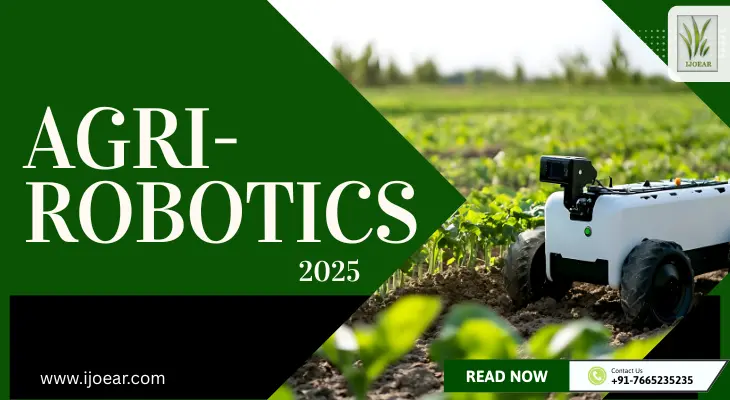
Agri-Robotics 2025 is redefining farming with autonomous machines powered by AI, IoT, and precision technology. From self-driving tractors to robotic harvesters and drones, these innovations are boosting crop yields, sustainability, and efficiency. Farmers worldwide are embracing robotics as the future of modern agriculture, ensuring food security and smart resource management.
Read More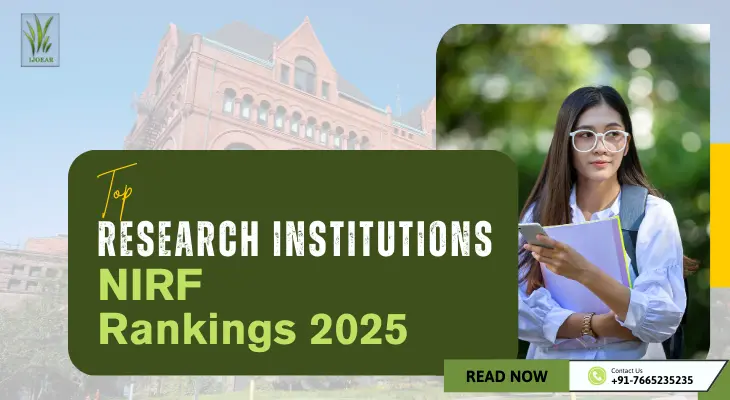
The NIRF India Rankings 2025 highlight the top Agricultural and Allied Universities excelling in research, academics, and innovation. These institutions play a vital role in advancing agricultural sciences, sustainable practices, and agri-business education. This guide explores the leading universities shaping the future of agriculture and allied studies in India.
Read More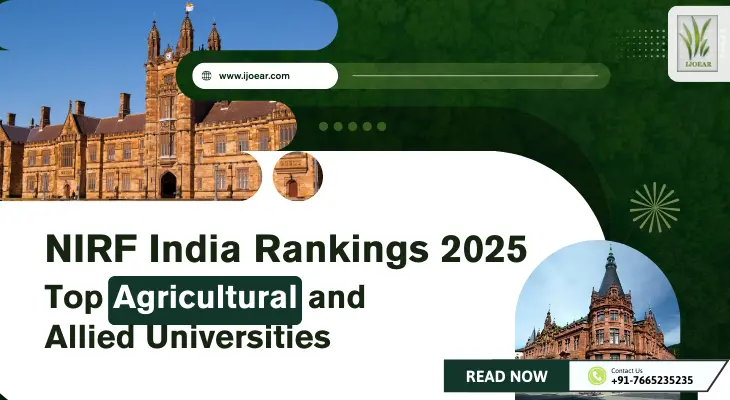
The NIRF India Rankings 2025 showcase the nation’s top research institutions driving innovation, education, and global impact. From IITs to central universities, these institutes set benchmarks in academic excellence, research output, and industry collaboration. Explore the full list and discover how India’s leading institutions are shaping the future of research and development.
Read More
Online and distance learning in agriculture offers flexible and affordable opportunities for students and professionals worldwide. From certificates to Ph.D. programs, learners can specialize in sustainable farming, agribusiness, and technology-driven agriculture. With global exposure and virtual tools, these programs are shaping the future of agricultural education and research.
Read More
Writing a Ph.D. research proposal in Agriculture is the first big step toward academic success. This guide explains everything—what a proposal is, why it matters, and how to structure it with background, methodology, outcomes, and references. Learn tips, avoid common mistakes, and craft a proposal that showcases your passion, skills, and research potential.
Read More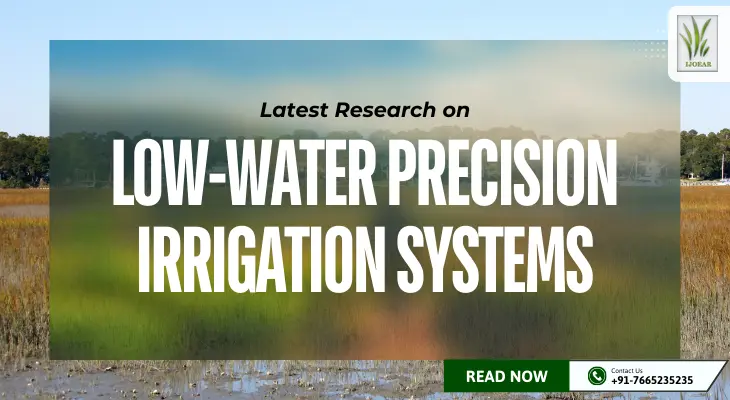
Water scarcity is one of agriculture’s biggest challenges in the 21st century. Low-water precision irrigation systems, powered by AI, sensors, and crop science, are emerging as a sustainable solution. By delivering the exact water crops need, these technologies save resources, improve yields, and promote climate-smart farming for global food security.
Read More